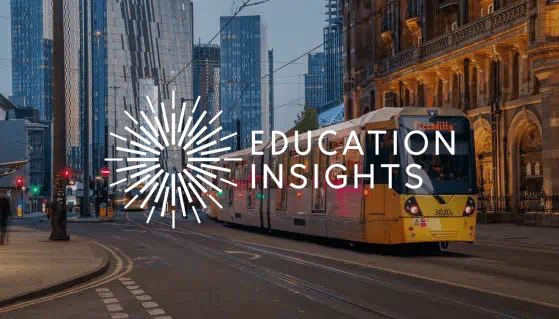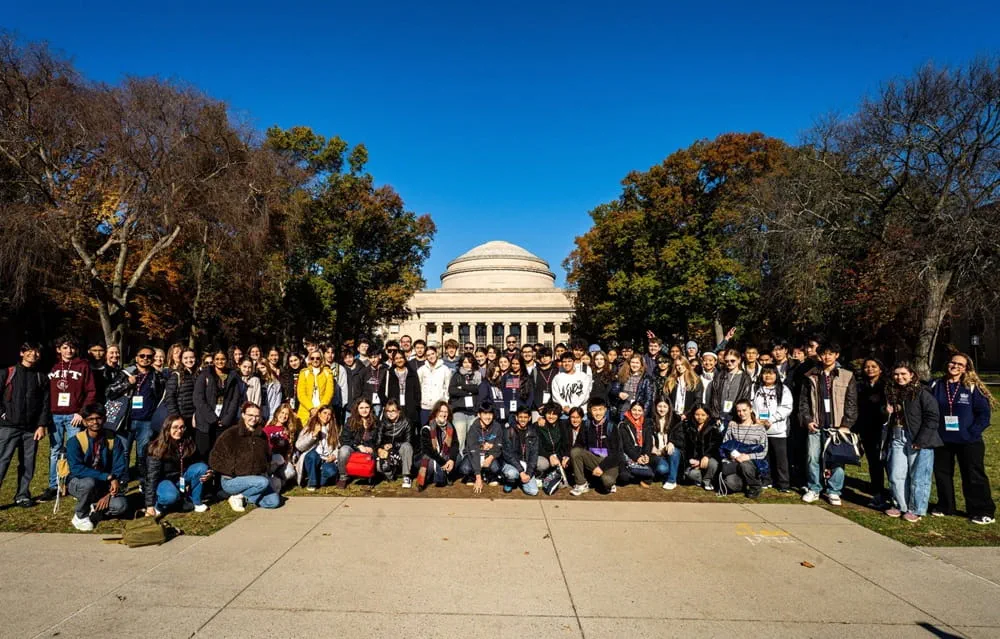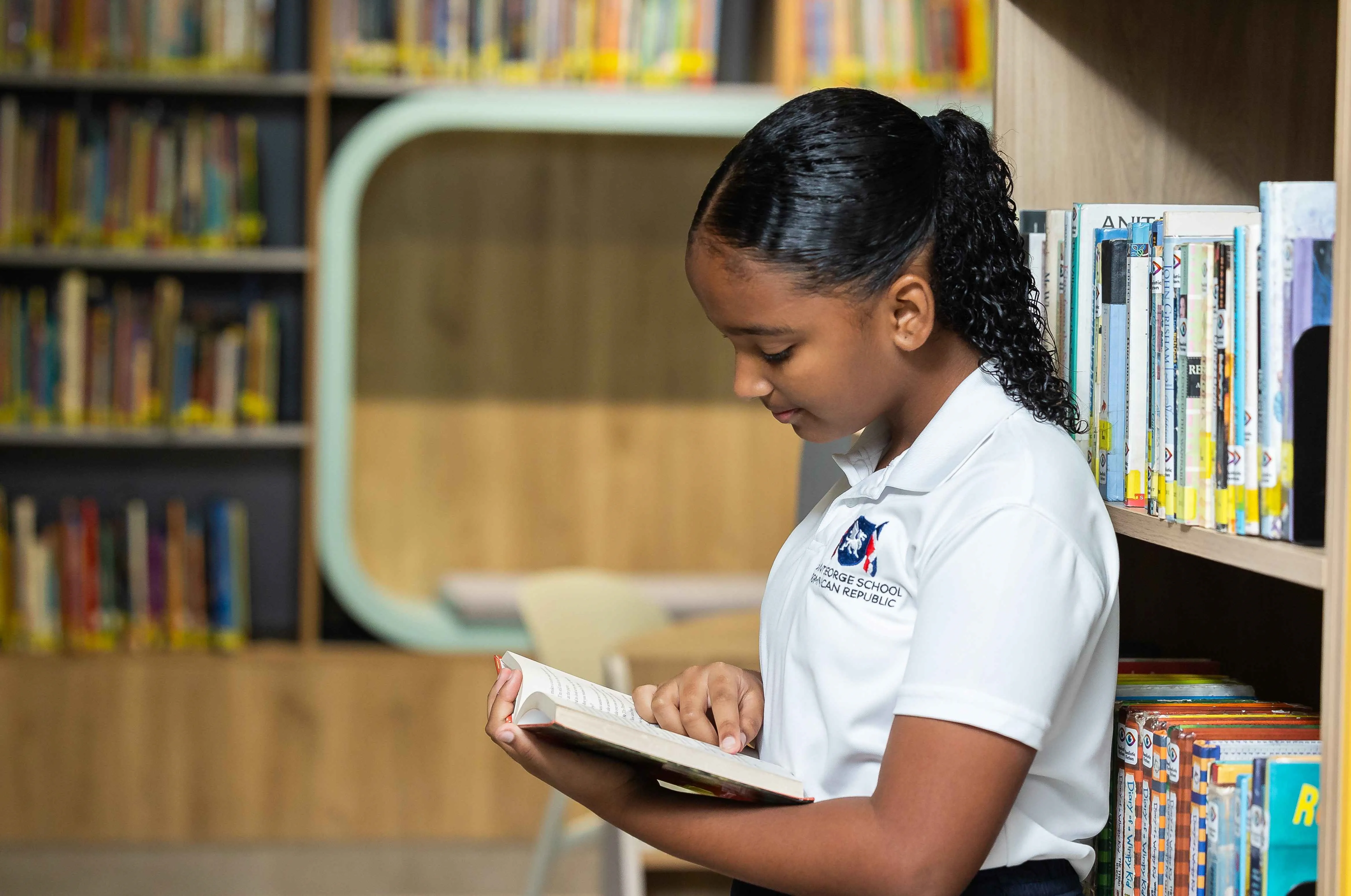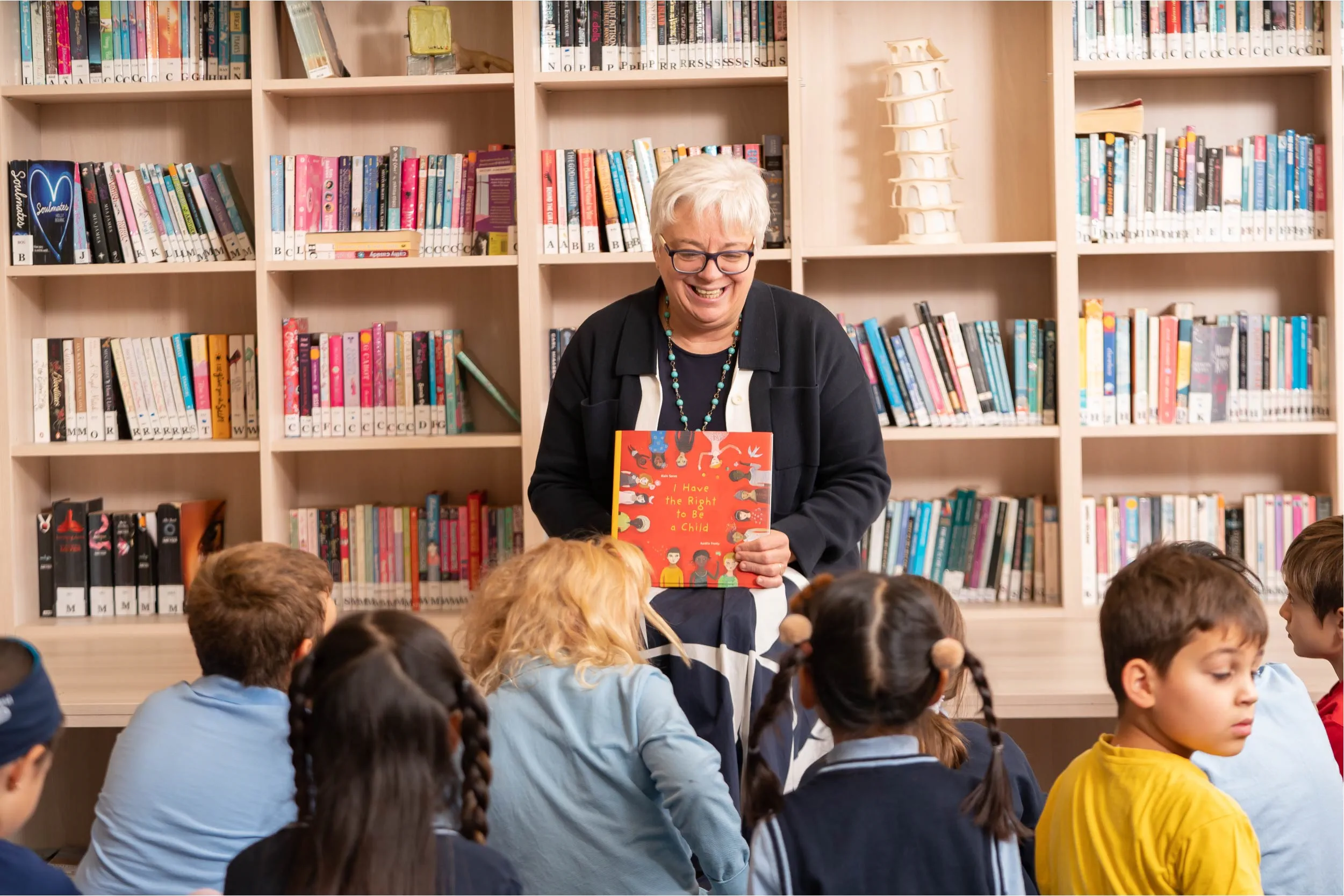As I write this post, hundreds of our students and families at BIS Abu Dhabi, along with millions of Muslims around the world, are celebrating the Holy Month of Ramadan. Compassion, therefore, feels like a fitting topic. Ramadan is a special time of year—one that embodies compassion through the sacrifice of fasting, the opportunity to reconnect with family and community, and the act of setting aside past grievances.
But compassion during Ramadan extends beyond those observing the fast. Many non-Muslims in the UAE also show thoughtfulness, refraining from eating or drinking in public and being mindful of their clothing choices. Compassion is all around us, yet in a world of conflict and uncertainty, it is a quality we must continue to nurture and actively practice.
At BIS Abu Dhabi, we believe compassion is not just an instinct—it is a way of thinking that can be strengthened through reflection, perspective-taking, and meaningful discussions. Therefore, we have been embedding Project Zero Thinking Routines across our classrooms to cultivate deeper student thinking, enhance discussions, and make learning more visible. That’s exactly what Project Zero Thinking Routines help us to do.
However, embedding compassion in education goes beyond individual lessons—it is about shaping a school culture where students feel valued, heard, and empowered to make a difference. This Ramadan, we are placing a special focus on community service, dedicating Fridays to meaningful actions that support those around us.
.jpg?rev=62667b9c81e54b8080a45628d312a59c&hash=15E0707F29158484DD0415275A9EC0EB)
Using Thinking Routines such as Feelings and Options and See, Think, Me, We, students have been reflecting on what compassion looks like in practice, identifying ways they can contribute to their community. Whether it’s writing letters of appreciation, organising donations, or raising awareness about important causes, these acts of service allow students to put their compassionate thinking into action in a way that has real impact.
By aligning Thinking Routines with our Learner Ambitions, we provide students with regular opportunities to reflect on their actions, question their assumptions, and engage in meaningful discussions that help them develop both academically and personally. Whether they are analysing a character’s motivations in English, considering the impact of human actions on the environment in Geography, or resolving a disagreement on the playground, students are continuously developing their ability to think—and act—compassionately.
At a time when the world can feel increasingly divided, fostering compassion in our students is more important than ever. It is not just about understanding those closest to us but about developing the ability to empathise and look at situations from different perspectives with people from different cultures, backgrounds, and experiences.
By embedding Thinking Routines into our teaching and providing opportunities for real-world application, we are equipping our students with the skills to become not only thoughtful learners but also compassionate global citizens who can contribute to a more understanding and empathetic world.
If you'd like to read more about the wonderful work our teachers do, read Connect-Ed here.


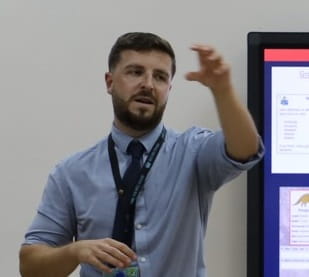

.jpg?h=249&iar=0&w=374&rev=03bee5ab1d2c41fabd2c427ac897415e&hash=38A635EBCF2CE5A181170C066BB49369)
